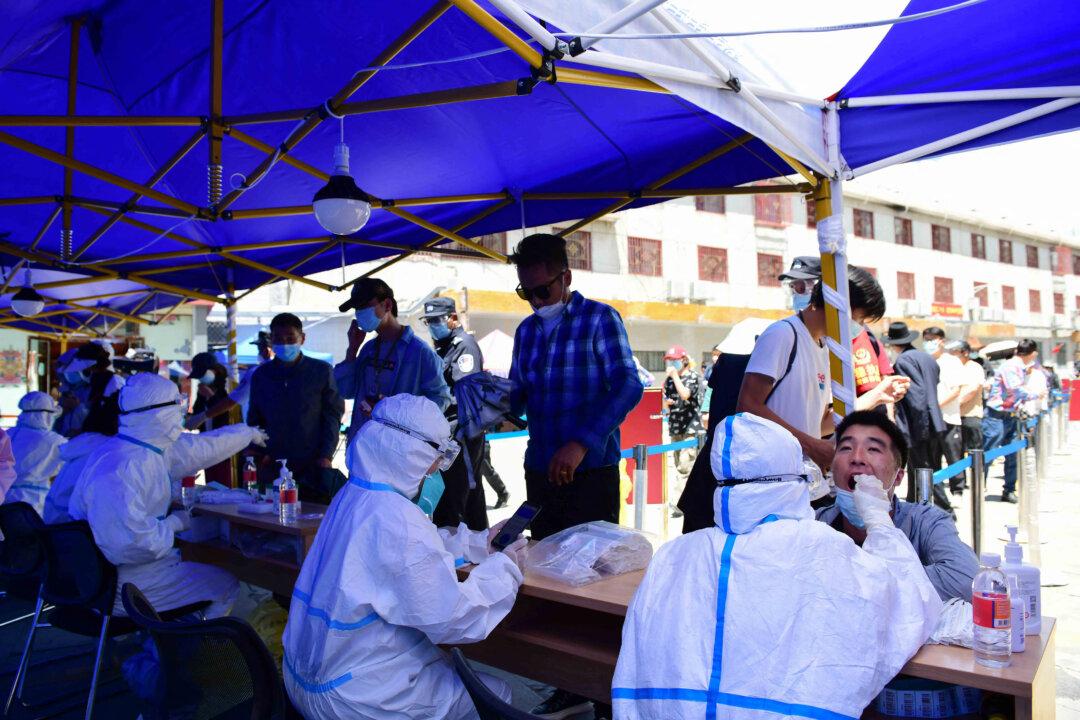A business owner in Tibet who was infected with COVID-19 in September condemned the Chinese regime’s draconian zero-COVID policies as the “biggest hindrance to people’s livelihood” and demands relaxation of the lockdown measures.
Xiao Qiang (pseudonym) is a resident of Lhasa, the seat of China’s western region of Tibet. He owns a motorcycle sports club in the city, which has been closed down since early August this year.





